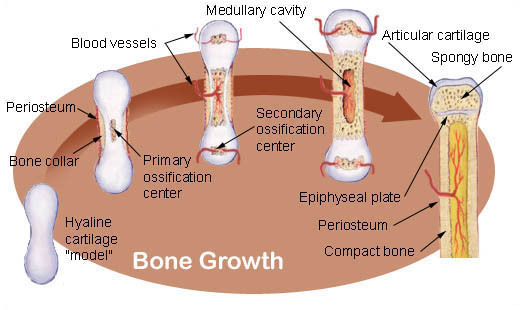Have Asthma? No Need to Restrict Milk From Your Diet!
Milk products have long been associated with asthma due to increased mucus secretion, and it is not surprising to know that people, and sometimes, even doctors, believe that it is needed to avoid dairy products if you have asthma. However, emerging data from current studies and other literature are showing different results. Some say that regular-fat milk products may even have a protective role against this condition. The components in milk that are said to be beneficial include vitamin D and fat.
Knowing the importance of milk in support for growth and development and as part of a balanced and healthy diet, is it really recommended to restrict milk among asthmatic patients?
The Milk Mucus Theory
The theory that milk makes more mucus or that dairy products can cause an asthma flare-up has long been busted by experts. In fact, cow’s milk and other dairy foods seldom cause symptoms in people without milk allergy. There have been several studies in Australia and other countries suggesting that if you take dairy products regularly during your childhood days, you are less likely to develop asthma.
The issue about mucus is among the most popular reasons why asthmatic patients are afraid to try dairy products, but this is clearly a misconception. The milk-mucus theory comes from the mouth-feel associated with milk. Others think that milk and its coating can be left back on the throat with mucus. There is no evidence proving that milk truly increases mucus production or causes narrowing of the airways.
Unfortunately, a lot of people are missing out on the many health benefits that come from drinking milk and consuming cheese or yogurts, simply because they do not want to include dairy foods in their regular diet. As per statistics, 8 out of 10 Australian adults and most kids need to increase their dairy consumption to meet the correct dietary guidelines.
So unless diagnosed with milk intolerance or another specific allergy to dairy foods by a physician, there is really no reason to restrict dairy from your diet. The most effective way to achieve good asthma symptoms control is to follow your doctor’s prescription plan.
If you or your kid has been diagnosed with a dairy allergy or intolerance by an expert, it is really important that you make the right food choices to make sure that you still get enough calcium and other nutrients needed to sustain health.
Dietary Implications of Removing Milk in Kids
Health Canada recommends kids ages 2-8 years old to consume at least 2 servings of milk daily. Older children should have more, around 3-4 servings per day. However, pediatricians are confronted with the dilemma of having more unconventional feeding practices because it is quite hard to influence families’ eating preferences. People should be more aware of the risks involved in restricting milk from the diet of kids with asthma.
Milk can help improve bone density in growing children. Restricting it from your diet can alter growth and bone development.

In most western nations, over two-thirds of dietary calcium intake comes from drinking milk, and in the US, low milk consumption is the main culprit for failing to meet calcium needs.
Dairy Products Can Be A Protective Factor for Asthma
In a prospective cohort study done by Maslova et. al in 2012, 61,909 pregnant women, who were on their 25th week of gestation, were examined to test the relationship between dairy intake and childhood asthma at the age of 18 months and 7 years.
After making the necessary adjustments on other factors like smoking, physical activity, breastfeeding, and more, results showed that consumption of regular-fat yogurt showed a protective effect against asthma among infants.
A total number of 723 kids ages 8-10 years old were included in a case-control study done in 2007. Two hundred forty-six (246) of them have asthma. Results showed that infrequent consumption of milk, less than 2 times per week, doubled the risk of asthma among girls.

A cohort study was done among 2978 kids in 2003. Results revealed that daily consumption of regular-fat milk at the age of 2 resulted in a 46.5% reduction in the risk of asthma. A significant 75% decrease in the risk of asthma was observed with daily butter consumption.
NHANES III’s study showed that vitamin D deficiency with levels below 10-30 ng/mL is associated with a greater burden of asthma. People with respiratory conditions and low vitamin D levels have greater risks of developing infections.
In a study conducted by Brick et. al, results showed that continuous consumption of farm milk in kids can help protect against asthma at school age. This can be attributed to higher intake of polyunsaturated fatty acids, which are considered to be precursors of anti-inflammatory mediators.
All of these studies suggest that milk fat appears to have a protective effect against asthma, though the exact mechanisms remain to be unknown. Aside from fatty acids, other milk components that could possibly play a huge role are antioxidants and other nutrients.
Though these emerging scientific evidence show that milk consumption may help reduce the incidence of asthma, others experience otherwise. Some complains of wheezing and runny nose after milk intake. As mentioned earlier, allergy to milk should likewise be ruled out. Further studies are required to give more definitive answers, especially about the role of each specific dairy products.
More researches are likewise needed to establish how vitamin D may help lower the risk of respiratory infections among asthmatic patients.

